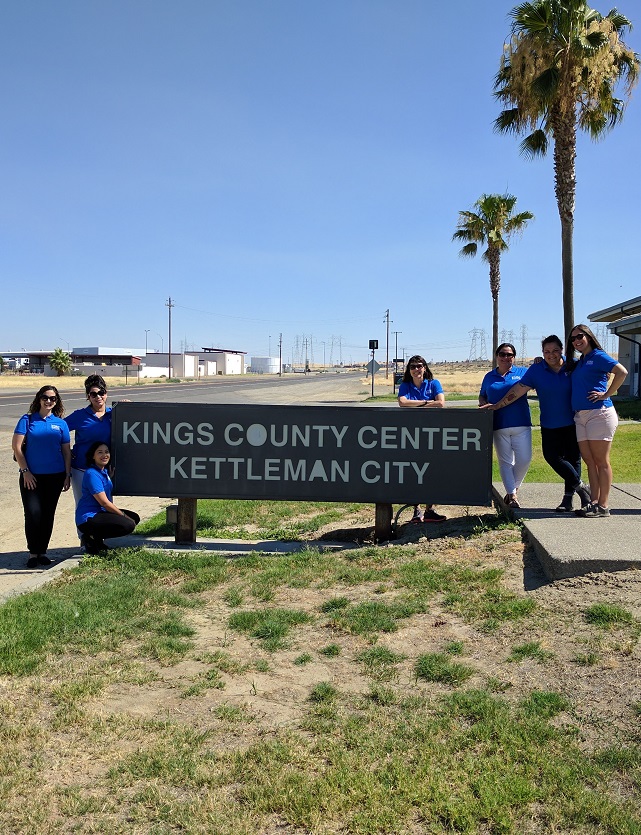Identifying Resident Concerns to Guide Community Change
Program
Highlights

In 2017, PHI's Survey Research Group conducted an independent review of birth defect and cancer registry data collected by the state of California, designed survey instruments, and conducted a census via in-person interviews with residents in Kettleman City.
375 in-person surveys conducted in Kettleman City
-
Focus Areas
Environmental Health, Healthy Communities -
Issues
Rural Health -
Expertise
Research – Survey
In 2017, PHI’s Survey Research Group (SRG) designed and led the Kettleman City Community Health Canvass, using a strengths-based approach to gather data about the needs of residents. This work was commissioned by the Kings County Department of Public Health in order to better understand local community concerns and priorities, and guide future projects, investments and collaborations for health between residents and health department.
SRG first conducted an independent review of birth defect and cancer registry data collected by the state of California. The program also designed survey instruments with input from community members, residents, and public health employees via key informant interviews. This feedback helped to shape the survey and research methodology in a culturally competent, scientifically valid, and respectful manner. SRG then conducted a census via in-person interviews in English and Spanish with 375 residents. Six bilingual data collectors with extensive training in survey interviewing techniques canvassed the entire city of Kettleman City going door to door.
The majority of respondents were Hispanic or Latino (99%), female (75%), and between 18-39 years old (39%). Almost three quarters (75%) did not have a high school diploma. The majority of the interviews (80%) were conducted in Spanish.
“Kettleman city is a small town, small community, but just because we’re small like this, and we live out on [sic] the middle of nowhere doesn’t mean that we’re not human beings. We need to have Kettleman City fixed up.” – Kettleman City resident
Participants most commonly reported being concerned about the health priority issues they named due to their impact on children’s health and safety, their family’s health and safety, and their neighbor’s health and safety. The most commonly selected environmental concerns included water quality, air quality, broken streetlights, streets (including curbs, gutters, lack of sidewalks, stoplights, and potholes), stray or loose dogs, and pesticides.
SRG shared the results of the research back with community members, holding community meetings and creating informative reports in English and in Spanish. Results were also shared in a formal report with the Kings County’s Public Health Department. See the survey questions and reports here.
Work With Us
You change the world. We do the rest. Explore fiscal sponsorship at PHI.
Support Us
Together, we can accelerate our response to public health’s most critical issues.
Find Employment
Begin your career at the Public Health Institute.
